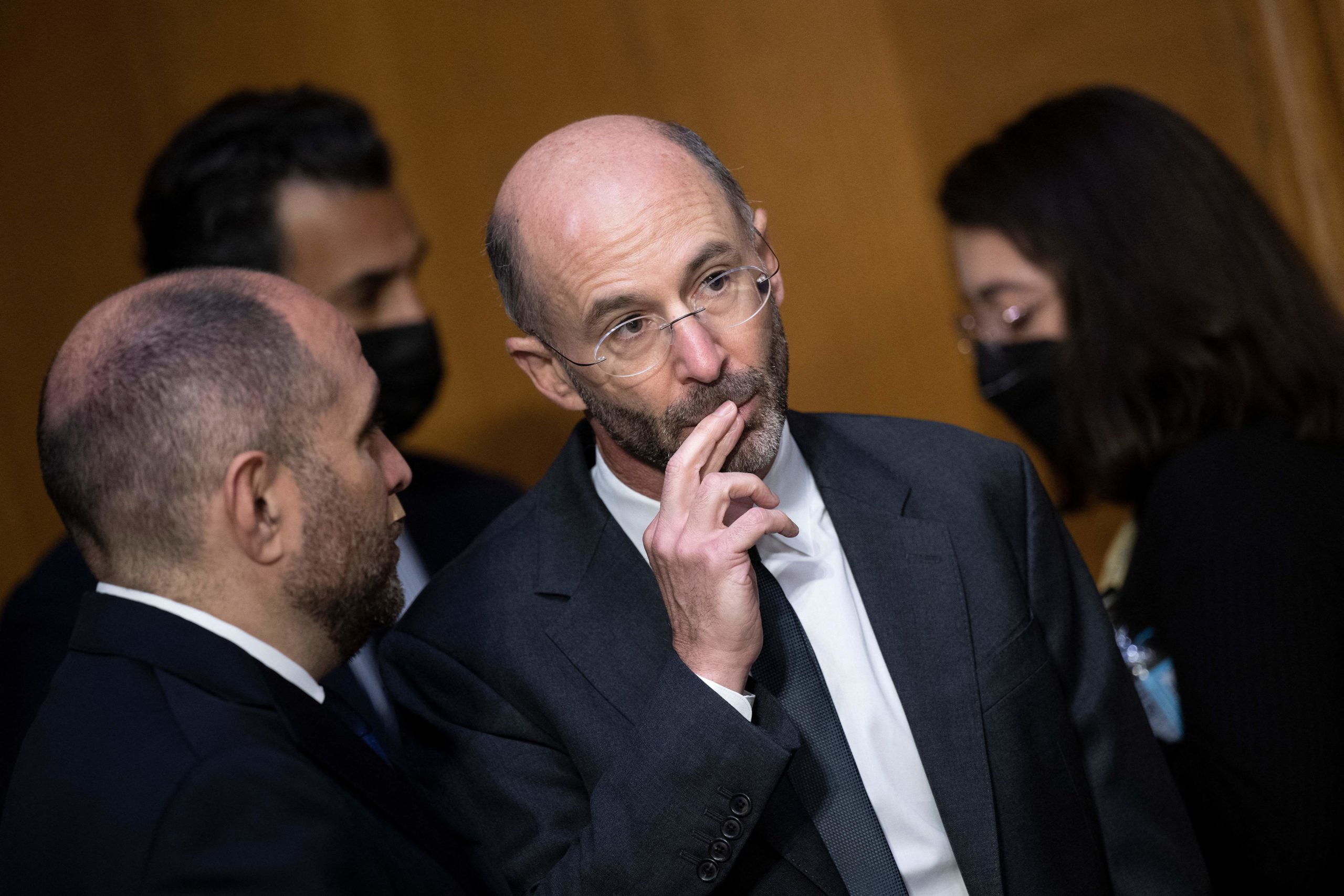- Iran created a special task force with the sole intention of influencing U.S. policy by recruiting academics, according to internal emails obtained and reviewed by Iran International and Semafor.
- The goal is to bring these academics into the task force and have them publicly favor Iran’s policies, either through writing op-eds, appearing in media or giving advice to Western officials, Iran International and Semafor reported.
- One of these academics is now a top-level Biden administration official working in the Pentagon, Semafor reported.
Iran worked to influence U.S. policy by recruiting a number of academics to promote Tehran’s agenda, one of whom currently serves in a high-level security role in the Biden administration, according to emails obtained and reviewed by Iran International and Semafor.
The Iran Experts Initiative (IEI) was created in 2014 to bolster Tehran’s global image on a number of priorities – most chiefly its nuclear program – by influencing U.S. and European academics and researchers, some of whom ended up working in government roles, according to Iran International. The creators of the IEI celebrated the group’s success after the Iran deal, which was criticized by former President Donald Trump for being too generous towards Tehran, was signed in 2015. (RELATED: ‘No Progress’ In Nuclear Talks With Iran As It Slowly Builds Uranium Stockpile: REPORT)
“This initiative which we call ‘Iran Experts Initiative (IEI)’ is consisted of a core group of 6-10 distinguished second-generation Iranians who have established affiliation with the leading international think tanks and academic institutions, mainly in Europe and the U.S.,” Saeed Khatibzadeh, an Iranian diplomat and co-creator of the IEI, wrote in an email to an Iranian official in 2014, according to Semafor.
The IEI was created, in part, to promote a nuclear deal with the U.S. through its members, according to Semafor. Such a deal was struck in 2015, called the Joint Comprehensive Plan of Action (JCPOA), but was later scrapped by former President Trump for containing too many exemptions that were charitable to Iran.
President Joe Biden’s Special Envoy for Iran, Robert Malley, helped craft the original JCPOA while he was working as a top diplomat in the Obama administration, according to Iran International. Malley’s security clearance was suspended in June pending an investigation for allegedly mishandling classified information.

Biden administration special envoy for Iran Robert Malley prepares to testify before the Senate Foreign Relations regarding the JCPOA in 2022. (Photo by BRENDAN SMIALOWSKI/AFP via Getty Images)
Three of Malley’s top aides were a part of the IEI, with Ariane Tabatabai being one of the most prominent, according to Iran International. The IEI first recruited Tabatabai in 2014 and ushered her into the task force to write articles, give interviews and provide advice to top Western officials, all with the intent to defend and promote Iran’s global image, especially its nuclear and military policies, Semafor reported.
Tabatabai is the current chief of staff for the Assistant Secretary of Defense for Special Operations in the Pentagon and a former Iranian diplomat for the Biden administration, according to Semafor. Tabatabai consulted with Iran’s Foreign Ministry before attending policy events and warned Iranian officials in advance before giving congressional testimony on the JCPOA.
Another one of Malley’s aides and member of the IEI was Ali Vaez of the International Crisis Group, according to Iran International. Malley tapped Vaez to serve on his team in the State Department in 2021, but Vaez was denied security clearance and his appointment was canceled; Malley kept Vaez as a close confidant, instead.
Dina Esfandairy, currently a senior advisor on the Middle East and North Africa at the International Crisis Group, was also a close aide to Malley and a member of the IEI, according to Semafor. Esfandairy penned a number of articles that promoted Iran’s policies; in one co-authored article for the National Interest, Esfandairy and Tabatabai wrote that Iran was “too powerful to contain” and that “Tehran doesn’t need any agreement to be empowered and to strengthen its foothold in the region.”
Mostaf Zahrani, head of Iran’s in-house think tank and co-creator of the IEI, and Khatibzadeh celebrated the IEI’s success in emails and tracked how often the group’s members had their work published in the week after the Iran deal was signed, according to Semafor.
“These are in addition to hundreds of tweets, posts and…on the internet that were definitely unique and trend-sending in their own right,” Khatibzadeh said in an email to Zahrani, according to Semafor. “It should be noted that these works were not only published in English, but also in several other international languages.”
Malley, Esfandairy, Vaez and Tabatabai did not immediately respond to a request for comment.
All content created by the Daily Caller News Foundation, an independent and nonpartisan newswire service, is available without charge to any legitimate news publisher that can provide a large audience. All republished articles must include our logo, our reporter’s byline and their DCNF affiliation. For any questions about our guidelines or partnering with us, please contact licensing@dailycallernewsfoundation.org.


